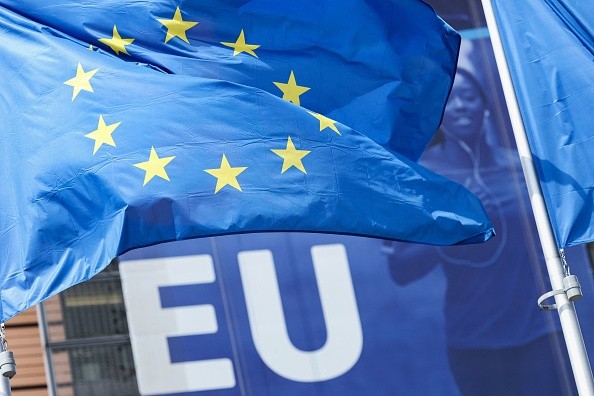European Union's artificial intelligence regulations, dubbed as the 'AI Act' has reportedly caused businesses and tech groups to voice out their concerns, warning the EU that over-regulation of AI foundation models could prove fatal to startups, stifling innovative players.
The warning, according to Reuters, came from the group DigitalEurope, which comprises some of the biggest tech companies like Apple Google, as well as Ericsson, LSE, and SAP.

The group stated that whilst seeing a significant opportunity in foundation models and new creative companies, players, startups emerging in the artificial intelligence field, it is imperative not to "regulate them out of existence before they get a chance to scale, or force them to leave."
The statement was also reportedly signed by 32 European digital associations amidst EU's last round of talks for its 'AI Act' regulation.
The signatories of the warning statement have previously backed a France, Germany, and Italy proposal, limiting the scope of AI guidelines to that of the application of AI, rather than the actual technology.
A Softer 'AI Act'
Various businesses and tech groups, mostly within the U.S., have long been proposing to soften the proposed E.U. regulation, according to TIME. A call to help "promote AI innovation."
Another concern of the group is that the current broad reach of the draft AI guidelines may conflict with existing legislation in specific industries, such as healthcare.
A spokesperson from Siemens Healthineers, Georgina Prodhan, echoed this notion by stating that there is a lack of attention to the implications for the medical profession amidst 'AI Act talks.
DigitalEurope also voiced out its concerns on the copyright laws that creative industries have called for by saying that the EU's comprehensive copyright protection and enforcement system can already assist in addressing AI-related copyright challenges, such as the text and data mining exemption and equivalent requirements.
EU's AI Act Progress
According to TIME, the European Union's AI Act was initially suggested in 2021, and negotiations are now at the last 'trilogue,' stage of the E.U. The legislative procedure in which the European Parliament and the member states negotiate to reach an agreement on a version of the Act.
The goal is to complete the 'AI Act' before the 2024 European Parliament elections, which might push its passage until early 2025. If approved, the E.U. The 'AI Act' would be one of the world's strictest and most comprehensive AI legislation. However, there is still a dispute over how foundation models should be controlled.
PYMNTS reports that the implications of EU's 'AI Act' regulation will significantly help determine the future of AI development not only within the EU but also internationally, establishing a norm that other countries may follow, a norm that the EU has previously stated to be one of its aims.

ⓒ 2026 TECHTIMES.com All rights reserved. Do not reproduce without permission.




